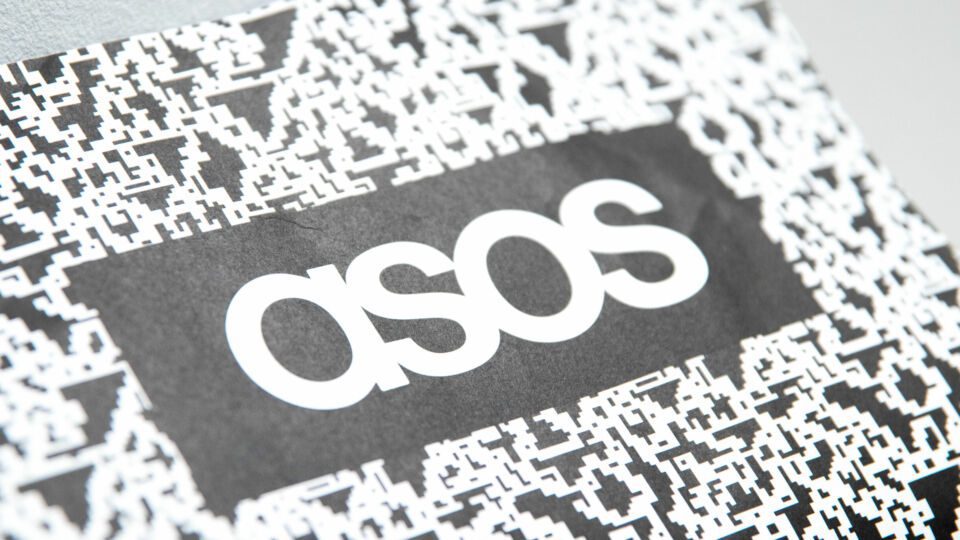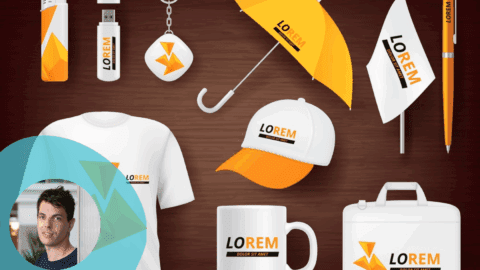British online fashion and beauty retailer ASOS has laid out a comprehensive plan to achieve a detailed set of Environmental, Social and Governance (ESG) goals by 2030, including becoming net zero across its full value chain.
The company said its new plan is based on competitive benchmarking and anticipated regulatory changes as well as “extensive consumer insight” showing increasing demand for more choice in sustainable shopping.
Engagement in sustainability deepened during the COVID-19 crisis, with consumers showing an increased desire to see fashion players in particular consider the social and environmental impacts of their businesses, according to recent research from McKinsey that surveyed shoppers in the U.K. and Germany. Of those surveyed, 67% said they consider the use of sustainable materials to be an important purchasing factor, and 63% consider a brand’s promotion of sustainability in the same way.
“As we continue our journey to becoming a truly global retailer, our new goals will ensure that we do so sustainably and responsibly, said CEO Nick Beighton in a statement. “We cannot do this alone. As we’ve seen throughout the last decade, collaboration and engagement with other brands, civil society organizations and government is critical to driving lasting change. We will work closely with our brand partners and our suppliers, and we will forge new relationships and partnerships to drive progress and build new solutions.”
ASOS is on the path to expansion — the online retailer acquired four brands from Arcadia Group including Topshop and Miss Selfridge earlier this year for £265 million, and later entered a joint venture with U.S. department chain Nordstrom to drive global growth of the brands.
To ensure the new 2030 ESG goals are met, milestones will be incorporated into leadership objectives and linked to executive pay. ASOS also has set up a new ESG Committee that will be chaired by Beighton and report to the ASOS Board.
The company said that while it anticipates these initiatives could increase costs in some areas, it is confident in its ability to leverage its “agile model, collaborate with partners and leverage technological advances” to offset those costs.
The ASOS Fashion with Integrity (FWI) 2030 program — an expansion of the company’s existing FWI plan, which has been part of ASOS’s business approach since its launch in 2010 — identifies two overarching pillars, “planet” and “people,” underpinned by four key goals:
- Be Net Zero: Minimizing ASOS’s impact on the planet through decarbonization targets set with the Carbon Trust. The company aims to be carbon neutral in its direct operations by 2025 and achieve net zero across its value chain by 2030;
- Be More Circular: Shifting toward more circular systems by ensuring 100% of ASOS own-brand products and packaging are made from more sustainable or recycled materials by 2030, prioritizing circular design and facilitating product recovery programs;
- Be Transparent: Accelerating transparency and human rights within its supply chain and the wider industry. ASOS will publish a detailed human rights strategy and implementation reports annually from 2023; ensure that third-party brands are signed up to the Transparency Pledge and the ASOS Ethical Trade policy by 2025; and provide full public transparency of every ASOS own-brand product by 2030; and
- Be Diverse: Driving diversity, equity and inclusion across every aspect of the business, with a focus on leadership representation. ASOS has committed to have at least 50% female representation and over 15% ethnic minority representation at every leadership level by 2030.
“The responsibility for a sustainable future lies with all of us and businesses must lead the way,” said Beighton. “We will make sure we deliver products and brands that allow our customers to shop ethically and responsibly, safe in the knowledge that they are reducing their impact on the planet and contributing to a fairer world.”













